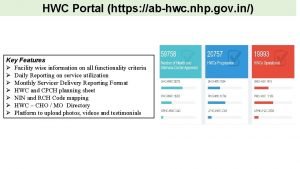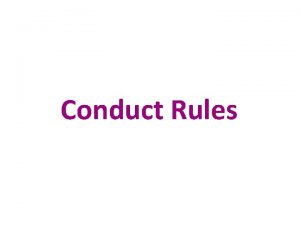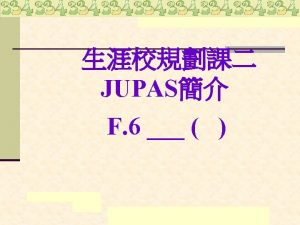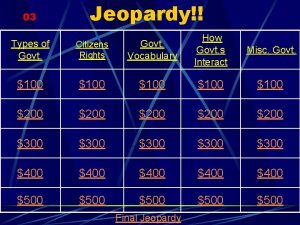4 2 Colonial Govt English Principles of Govt






- Slides: 6

4. 2 Colonial Gov’t

English Principles of Gov’t • At the heart of the English system of gov’t were two principles: protected rights and representative legislature • Protected rights: • Colonists believe gov’t must respect civil liberties • Originated: Magna Carta 1215 – gives people protection against unfair treatment/punishment (even royals were bound by the law • Representative Gov’t: • People elect delegates to make laws & conduct gov’t • Example: English Parliament • 2 Chambers: House of Lords & House of Commons (inspired American legislature) • Glorious Revolution: royals agreed to follow statutes, laws, customs set by Parliament • CRUCIAL: From now on, no ruler would have more power than the legislature

English Principles of Gov’t • English Bill of Rights 1689 • Bill of rights that stated the ruler couldn’t suspend Parliament’s laws, impose taxes, or raise army w/o Parliament consent • Parliament members were freely elected • Citizens had right to fair trial by jury in court cases • Banned cruel & unusual punishment • Gov’t in America: • 13 colonies began as either charter or proprietary colonies • Charter Colonies: grant of rights by English monarch to a company (Virginia, Massachusetts) • Proprietary Colonies: property of owners(s) (Pennsylvania) • Royal Colonies: colony taken over by the monarch (Virginia 1624) • Parliament appointed governor and council (upper house – direct by Parliament/English King) • Colonists selected the assembly (lower house – directed by people) • White men w/property could vote

English Principles of Gov’t • Local Gov’t: • Town meetings local gov’t (landowners vote/pass laws) colonists develop desire to govern themselves • CRUCIAL: Town meetings set the stage for the American Revolution

English Economic Polices • Mercantilism: build state wealth/power by increasing exports & saving precious metals in return • Export – selling to other countries; import – buys from other countries • Americans sold Europeans raw materials; Europeans sold Americans manufactured goods • Navigation Acts: laws forcing colonists to sell their raw materials to England even if they could get a better price elsewhere, all ships carrying goods had to be English or colony ships, all ship crews had to be English • Goods that colonists bought from other countries went to England 1 st to be taxed • Colonial Resistance: • At first, Navigation act worked b/c it helped colonist sell their goods • Later, colonists wanted to manufacture their own goods and sell to different countries instead • Result: Smuggling

If you were a colonist, how do you think you would have felt about the Navigation Acts? Answer, Cite Evidence, Explain











